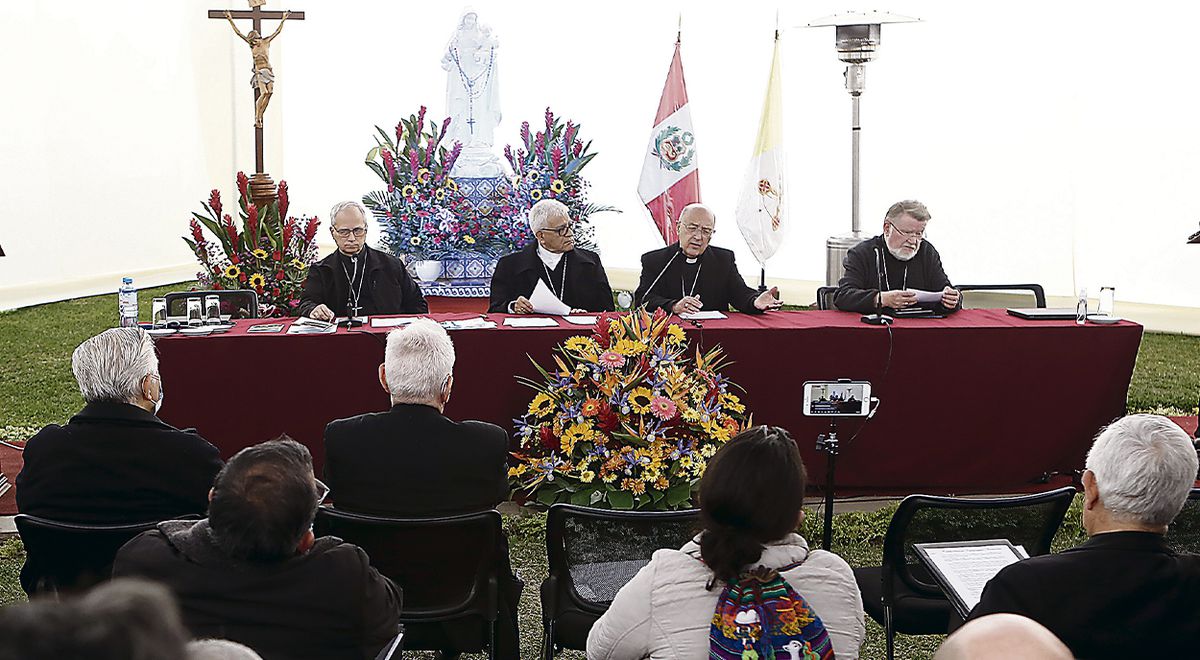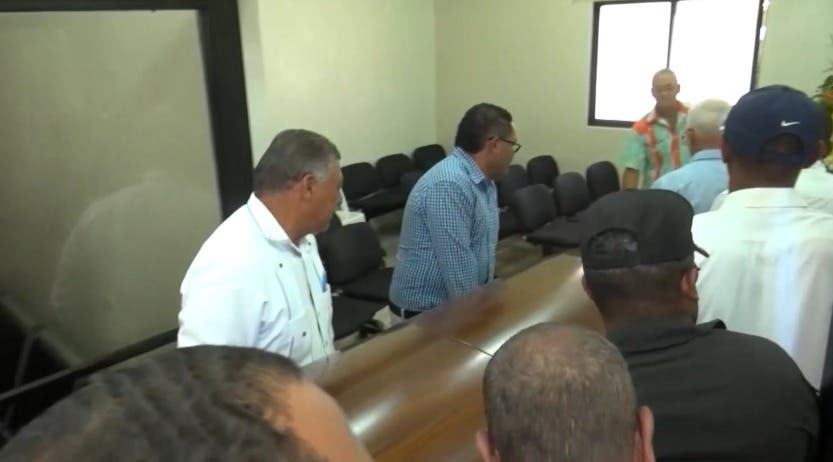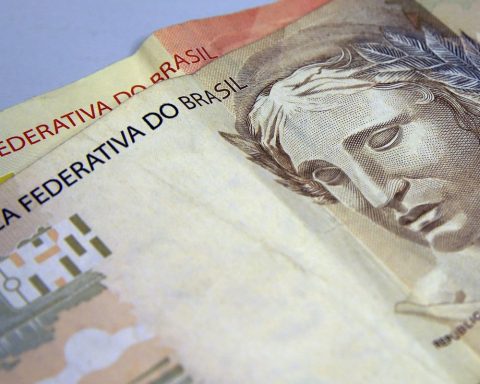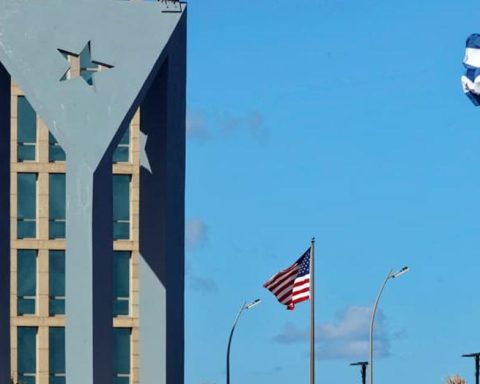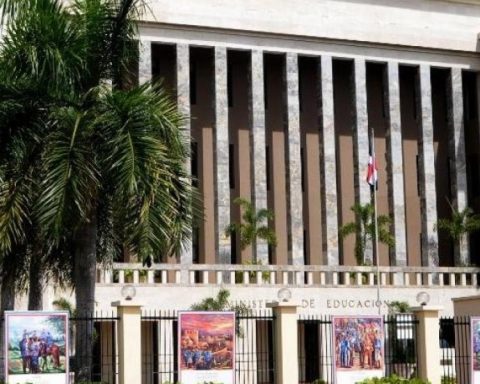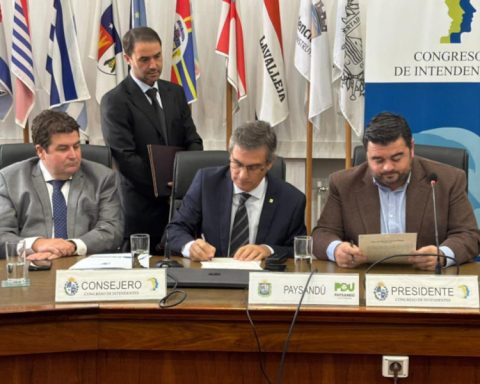The crisis is not over and different sectors are considering possible solutions. Yesterday it was the turn of the Peruvian Episcopal Conference (CEP). Those who question that the Church becomes involved in political affairs in a State that presumes to be secular. It is also true that the statement read yesterday is still in the public interest and appears to have been written with genuine good will.
In summary, The CEP points out that there is a social consensus to give way to a political transition as an urgent response to the current situation. The priority, he adds, must be a political reform to recover “credibility, trust and hope.” He does not expressly say so, but in those lines the CEP gives the impression of suggesting that “everyone should leave”.
The statement -titled “In the face of political and social deterioration, let us seek an urgent and creative solution to the crisis”- first describes the current context with the following words: “Alarming levels of political, social, economic and moral decomposition, to which are added mistrust of a large percentage of the population, the loss of credibility and governability”.
Add that this crisis manifests itself “in an internal struggle” between the Executive and the Legislative that damages democracy, it divides Peruvians and may ultimately lead to “uncontrollable levels of violence.”
In addition, he describes as “shameful and disappointing” that Peru registers one of the highest rates of perception of corruption in Latin America, according to Latinobarómetro. It points out that the “moral and ethical crisis” encompasses acts of corruption “in the upper echelons of the Executive, Legislative and Judicial”, in other instances of the State and in sectors of society.
Crisis. In general, the CEP questions Castillo and Congress. Photo: diffusion
Transition
For the CEP, citizens they do not deserve the confrontation between the powers, because “the permanent confrontation” deepens their delegitimization. Likewise, it says that it is necessary to be oriented towards the common good, moving away from a patrimonial logic “where the public good is not distinguished from the private one, or where the public thing is considered as its own”.
The pronouncement, which includes 18 points, it was read by Monsignor Miguel Cabrejos. He was accompanied by Cardinal Pedro Barreto. It is in point 15 where the CEP exposes the central part of its proposal.
“The social consensus calls for giving way to a political transition urgently seek a way out of the current deep crisis, prioritizing the necessary pending political reform to recover credibility, trust and hope”.
The CEP also asked the authorities to respect press freedom and to the media “that they report and give their opinions truthfully, honestly and respectfully.”
For the political scientist and general secretary of Transparency, Iván Lanegra, what the CEP expressed generates reactions that reaffirm its analysis. “Some would like the bishops to remain silent, others to join their slogans. Neither of these extremes reflect, discuss or dialogue on the merits,” he said. Likewise, the analyst Juan de la Puente considered that the CEP’s call for a dialogue for the transition “is correct.”
For its part, the Association of Municipalities of Peru indicated that no solution can go against the Constitution or the law. He was also in favor of dialogue.
CEP Statement
The bishops of Peru yesterday called for a dialogue that leads to a political transition.
